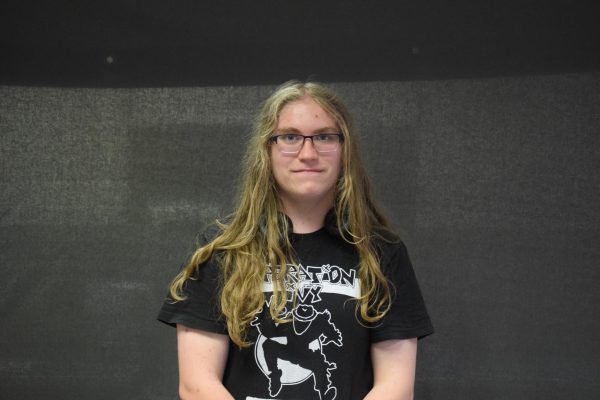Netflix has always been hit or miss for me, but every so often it releases a fantastic series. In 2021, over the course of three weeks, Netflix released the “Fear Street” trilogy. It was one of the best series of all time because of how it perfectly paid tribute to different horror genres while also delivering a compelling time-travel plot.
When I heard seven months ago that they were bringing the series back, I was cautiously optimistic. I can now disappointingly say, however, that “Fear Street: Prom Queen” is a horrible return.
This time, we’re heading back to the 1980s for Shadyside’s upcoming prom night, where, in the days leading up to the event, students vying for prom queen keep turning up dead. The main character, Lori Granger seems to carry the Shadyside curse after her mother was suspected of killing her father. The films tributed this time around are “Prom Night,” “Carrie” and “Buffy the Vampire Slayer.”
Once “Fear Street: Prom Queen” moves past its heavy-handed parody of stereotypical 1980s bullying, which loads the first 30 minutes with clunky exposition, we finally get to a somewhat bloody good time.
The kills in this film are undeniably brutal, but they avoid crossing into excessive gore, maintaining the film’s tone as a horror-comedy. However, many of the kills feel painfully cliché. For instance, one character hears a suspicious noise, chooses not to investigate, and unsurprisingly ends up with an axe to the face. These predictable setups can undercut the tension and creativity the genre thrives on. Still, if you’re a true fan of horror, you’ll appreciate this films commitment to style.
Director Matt Palmer relied more on practical effects this time, making each kill more brutal than the last. That might have worked as a solid approach in a horror film 40 years ago, but in today’s era of elevated horror, it forgets what made the original “Fear Street” trilogy successful. It was never just about the kills; it was about the characters.
The original trilogy followed characters driven by deep emotional connections and real stakes. This time, we’re just following petty high schoolers who feel extremely surface level. The screenwriters seem determined to prevent any character development, killing off most of the cast before any real growth can happen.
“Fear Street: Prom Queen” commits one final sin that no horror film should ever commit: queer baiting. Horror has long been a refuge for LGBTQIA+ audiences, from “Dracula” (1931) to now, often making sure we felt seen in some capacity. But this film’s queer character is written so stereotypically, it feels like a slap in the face to the genre’s inclusive legacy.
Overall, I give this entry in the “Fear Street” series one and a half stars. Hopefully, the next installment understands what made the original trilogy resonate. If future directors can’t understand the heart of “Fear Street,” they should stop trying to recreate the magic.















